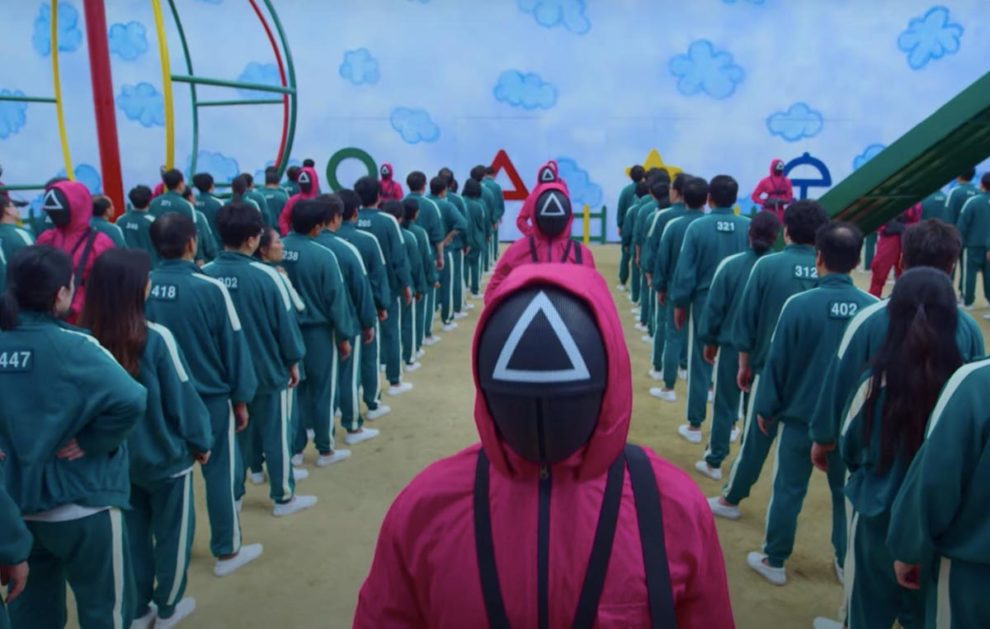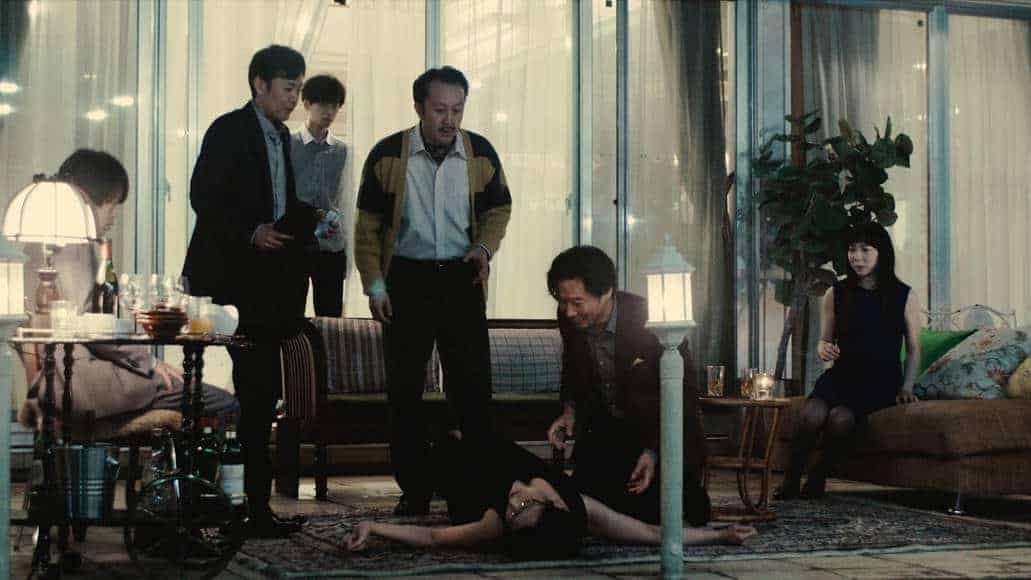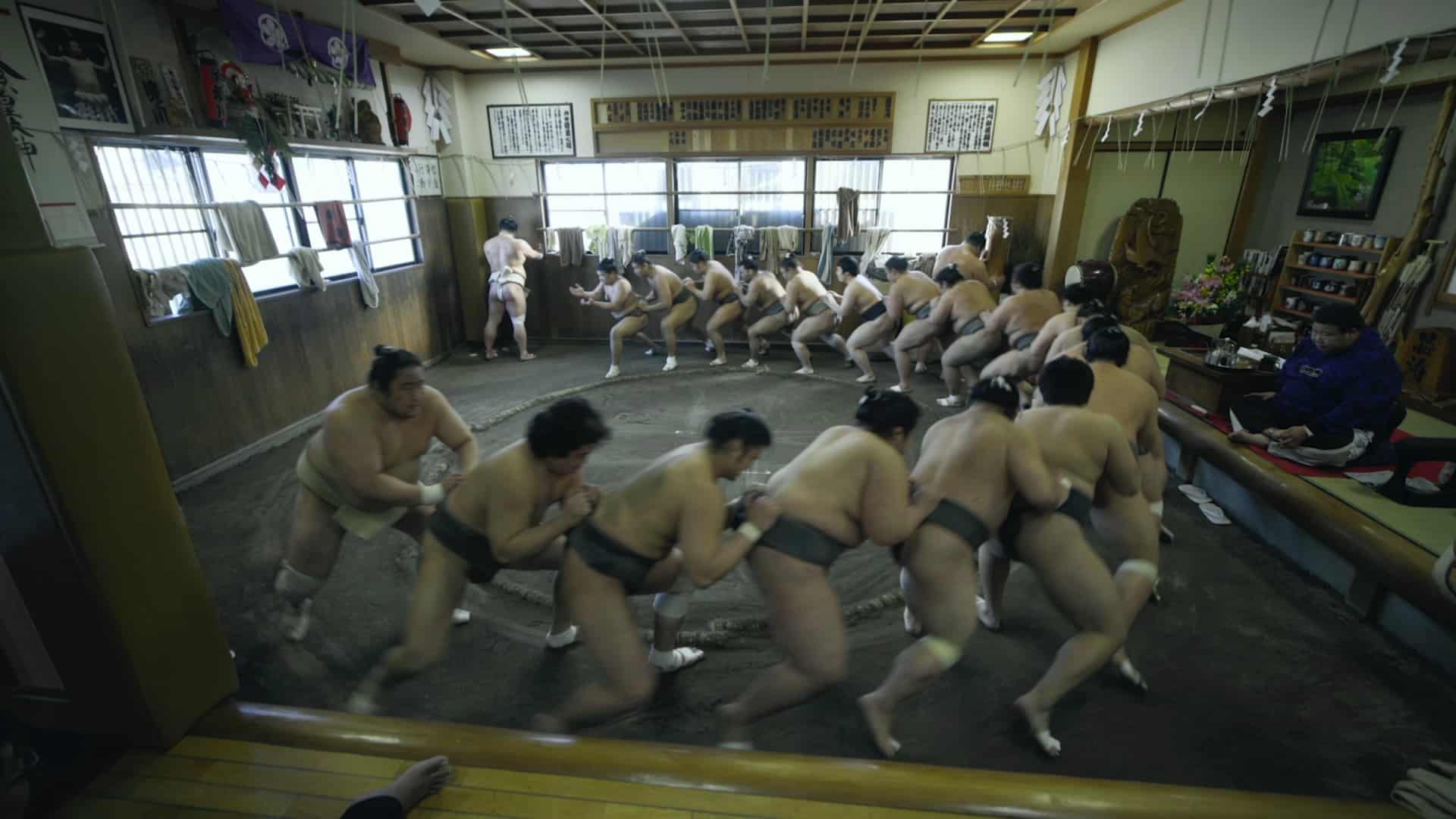“Squid Game” has taken Netflix by a storm. This Korean survival drama ranked number one in 90 countries as of last week. Major news outlets like CNN and Wall Street Journal have raved on about it, as dalgona memes have flooded social media. Netflix CEO Ted Santos even admits that this might even become one of the OTT platform's “biggest shows ever” — as it is well on its way to surpass “Bridgerton”'s viewership of 82 million.
It's almost ironic to think about how these two shows are so extraordinarily popular – but are also just so different. While “Bridgerton” paints a picture of an elite family in Regency-era England, “Squid Game” explores the underworld of the indebted. Here, Lee Jung-jae stars as Seong Gi-hun, an unlikeable divorcee. He treats his mother – who houses and feeds him – with disrespect; he lies to his estranged daughter on her birthday; and, not to mention, he's addicted to horse gambling despite (or because of?) his outstanding loans. His luck seems to turn around, however, when a mysterious man (Gong Yoo) refers him to the titular Squid Games. Seong Gi-hun then joins 455 other equally financially stricken participants in six rounds of life-or-death — where a grand prize of 45.6 billion won ($38.7 million USD) is on the line.
Like any Korean drama, each episode of this nine-part series lasts around 60 minutes, give or take 10 minutes. Every minute does not go to waste, however. Instead of neatly segmenting each round into an episode – as one might think a battle royale would – “Squid Game” delights in tangents and plot twists to keep their viewers entertained. Characters do not even settle into solid personalities or relationships until episode six — leaving the course of the games unpredictable in the first half of the show.
Moreover, these breaks come as a welcome distraction from Seong Gi-hun's storyline. After all, each match he faces is extraordinarily visceral. Director Hwang Dong-hyuk unabashedly shows the violent ends to each extra; the camera lingers upon smashed brains and bloodied uniforms. This comes as a striking contrast to the bright, bold colors of this pseudo-play space — where the entirety of the Squid Games are inspired by older tokens of Korean childhood. In this dystopian microcosm, the viewer is constantly privy to the shock of seeing fresh corpses falling upon playgrounds. As such, any pause on Seong Gi-hun's world feels like a relief from the violence if anything else.
This too might be due to the tight camerawork. Claustrophobic shots of the spick-and-span employee quarters convey utmost control, whereas long shots of the high-ceilinged halls give off a false sense of freedom. “Squid Game” excels for its careful attention to framing its labyrinthine set – clearly capturing each environment on camera, but disorienting the viewer all the same. Its top-secret and “luxury” backstage just feels cheesy, however. Despite its references to the art world — including Judy Chicago's “Dinner Table” and Korakit Arunanondchai's surreal people-scapes — the insistent stylization reeks of an amateur imagination of wealth. After witnessing multiple hours of blatant hardship, it feels more difficult to buy into this plastic vision of allure.

Its extraordinarily high-budget cast feels out of place in the “Squid Game” as well. The series features a whole slate of well-loved celebrities in the Korean film industry — who play well, but still play into a larger paradox. Lee Jung-jae performs beautifully as a charismatic lead, seamlessly shifting from a despicable debtor to a true team player. Jung Ho-yeon also holds a steady screen presence as North Korean defector Kang Sae-byeok. Despite an initially flat performance of her cool-and-aloof character, her fear and vulnerability bubbles up in front of the camera in time. First-time main Anupam Tripathi makes a notable impression as well. Despite being the unfortunate sacrificial lamb, his carefully-learned Korean gesticulations and respectful language make for a convincing (and lovable) portrayal of Ali Abdul. Other cameos of long-time celebrities like Gong Yoo and Lee Byeong-heon feel like familiar throwbacks as well, playing along the show's twisted nostalgia.
Thematically, “Squid Game” recalls earlier survival franchises – like “Battle Royale” (1999), “Danganronpa” (2010), and “Hunger Games” (2012). The most obvious filmic comparison is, however, Bong Joon-ho's “Parasite” (2019). The class critique is clear across both works; the frustration with capitalism even more so. They have been heralded internationally for their record-breaking statistics, especially as films with non-white mains. Despite this, however, a quiet socioeconomic irony still stands. Both “Parasite” and “Squid Game” employ the super rich to portray the super-precarious. This is a difficult pill to swallow in a Korea where household debt is on the rise and economic strata increasingly calcifies. The glory days of the free-for-all economic boom are long over, as Korea joins the West as a late-capitalist society.
In hindsight then, “Squid Game” is just as revealing of Korea today as it is entertaining. It tells a tale of precarity; it also resorts to extremes. This, in addition to scandalous visuals, celebrity appearances, and a continually evolving narrative keep the viewer on edge. It's just a matter of time before the winds change in favor for a larger revolution — but maybe, Seong Gi-hun hints, that's for season two.
















